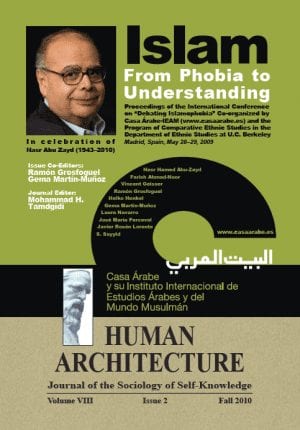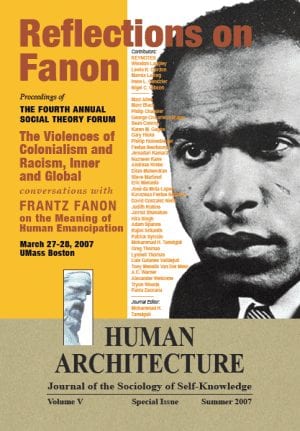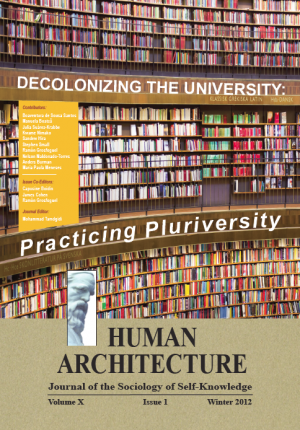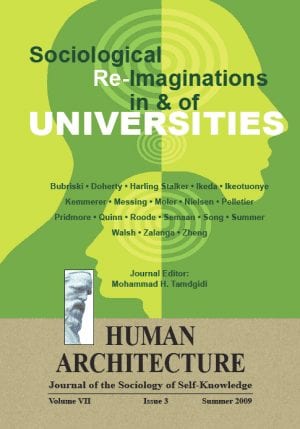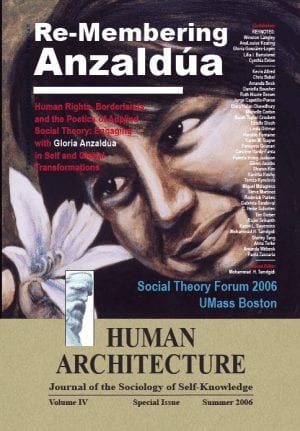Journal Article — Terror and the Politics of Containment: Analysing the Discourse of the ‘War on Terror’ and its Workings of Power — by Farish A. Noor
$15.00
Since 11 September 2001, the discourse of the ‘war on terror’ has become one of the most over-used and hegemonic discourses that has shaped domestic politics and international relations worldwide. This paper focuses on the workings of the discourse of ‘anti-terrorism’ and its linkages to power structures and the institutions that are supported by them.
Description
Abstract
Since 11 September 2001, the discourse of the ‘war on terror’ has become one of the most over-used and hegemonic discourses that has shaped domestic politics and international relations worldwide. This paper focuses on the workings of the discourse of ‘anti-terrorism’ and its linkages to power structures and the institutions that are supported by them. It will look at how the discourse of the ‘war on terror’ has been used by the governments of Southeast Asia and Western Europe in particular in relation to oppositional forces, both legal and extra-legal; and its wider implications on the development of democracy and democratic spaces in these societies. The aim of this paper is not to study the growth, development or modalities of those movements that are—rightly or wrongly—labelled as ‘militant’, ‘extreme’ or ‘radical’. Nor does it deny the reality of violent oppositional politics in some societies in both the developed or developing world. What it seeks to do instead is to critically analyse and appraise the political utility of such a discourse when it falls into the hands of ruling elites and state institutions, as well as opposition groups that take an equally instrumental approach to it. Crucially, the paper will attempt to do several things: First, to demonstrate that the discourse of the ‘war on terror’ is neither new nor unique, and that its antecedents date back to the earlier security discourses of the Cold War; secondly to show how this discourse differs very little from other discourses of identity-construction in its reliance of constitutive oppositional dialectics; and thirdly to show that as a discourse of containment and control the language of the ‘war on terror’ is just another manifestation of maximalist political power in an age of uncontrollable variables and political uncertainties, which in turn serves the controlling interests of both anti-democratic regimes and religiously fundamentalist forces alike.
Recommended Citation
Noor, Farish A. 20110 “Terror and the Politics of Containment: Analysing the Discourse of the ‘War on Terror’ and its Workings of Power.” Pp. 47-65 in Islam: From Phobia to Understanding (Human Architecture: Journal of the Sociology of Self-Knowledge: Volume VIII, Issue 2, 2010.) Belmont, MA: Okcir Press (an imprint of Ahead Publishing House).
The various editions of Islam: From Phobia to Understanding can be ordered from the Okcir Store and are also available for ordering from all major online bookstores worldwide (such as Amazon, Barnes&Noble, and others).
Read the Above Publication Online
To read the above publication online, you need to be logged in as an OKCIR Library member with a valid access. In that case just click on the large PDF icon below to access the publication. Make sure you refresh your browser page after logging in.


